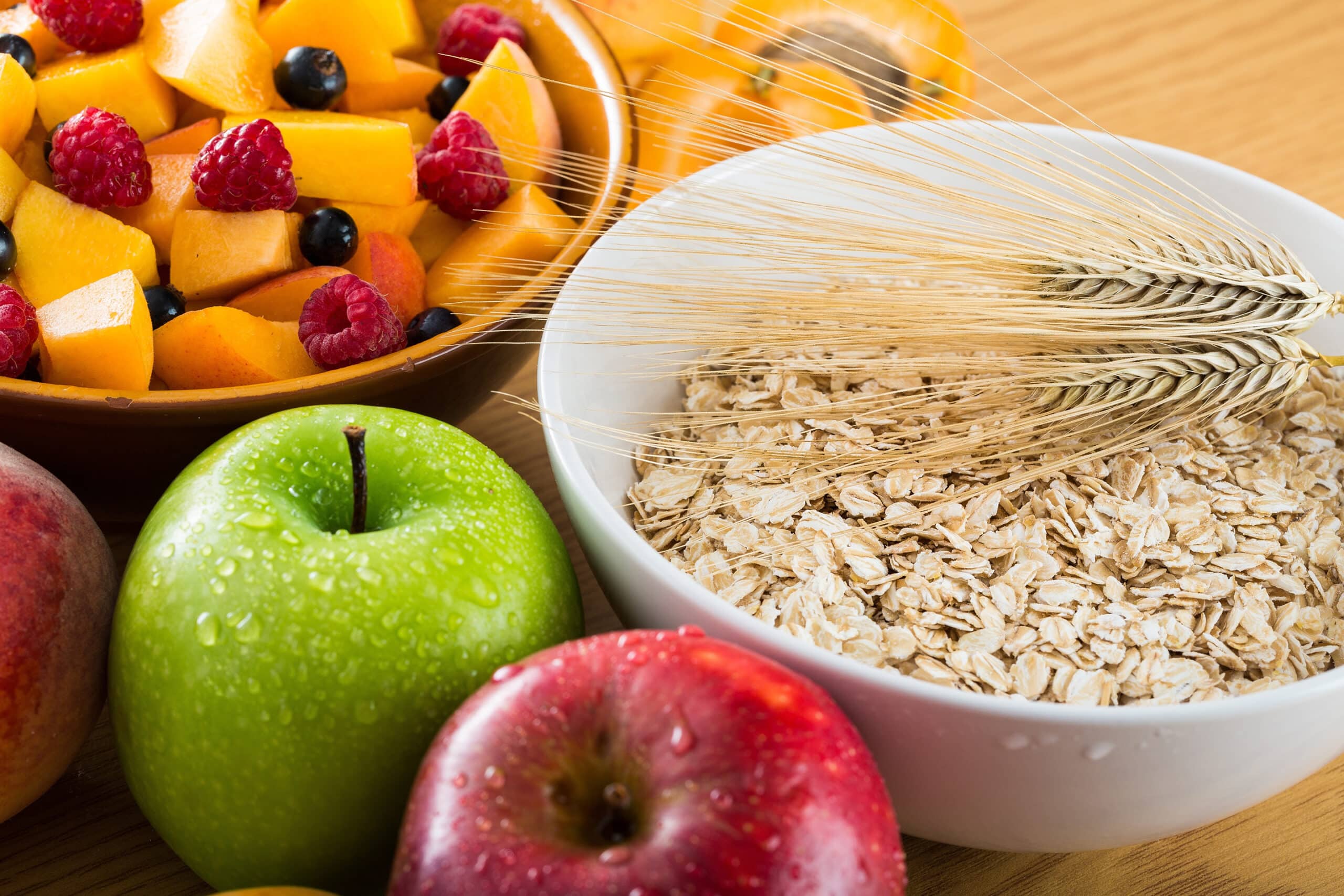If you are watching your waistline it might be a good idea to keep an eye on what you’re putting into your system that your gut bacteria are eating. Counting calories is a good idea, but it’s not just the calories that matter in a healthy diet, it is fiber as well. Fiber resists digestion, but is readily eaten up by the bacteria found in the gut. Fiber can influence insulin sensitivity, blood sugar, weight gain, and colon health. There are 2 current studies that have been published in Cell Host & Microbe helping to show the why and how fiber has such a powerful overall effect on the body.
Fiber can be found in its various forms in vegetables, fruits, whole grains, and legumes. Diets that low in fiber but are high in sugars and fats have been linked to increased risks in the development of weight gain, inflammatory disease, and diabetes. Studies suggest that the average Western person’s diet consumption of fiber has reduced drastically over the past few decades.
Both studies started off by feeding mice a diet low in fiber. These low fiber diets led to high blood sugar, weight gain, and insulin resistance rapidly. It was observed that within only 3-7 days of being on the low fiber diet the mice developed problems with the protective mucus layer in the colon. The colons were observed to have shrunk significantly in thickness, and the mice developed unhealthy imbalances of various gut bacteria strains.
After the lower fiber diet the 2 research teams tried two different approaches for treatment.
Transplanted gut bacteria from a healthy mouse was able to undo some of the harmful changes made to the colon mucus layer. Bifidobacterium supplements given to the mice aided in the growth of colon mucus but not mucus penetrability issues. Inulin supplements aided with the mucus penetrability but did not aid in the growth of mucus issues. According to Hansson, Backhed and associates.
Gewirtz and colleagues put the mice on a diet comprised with 20% inulin and found that they were able to reverse some of the aspects of metabolic syndrome, such as promoting weight loss and better control of blood sugar, but not others such as elevated levels of triglycerides.
Fiber inulin helped to restore colon mass, restored some number and diversity to gut bacteria, and increased the number of intestinal absorption cells enterocytes. The fiber supplements were not able to completely return to mouse gut bacteria back to the original state after consuming the low fiber diet. This could possibly mean that the use of supplements as a treatment may cause some complications if an individual does not have a healthy mix of gut bacterias. Suggesting that it is not just enough to add fiber to the diet, it also depends on which bacteria you carry. Which means more study is needed before fiber supplements can be used as treatments.




